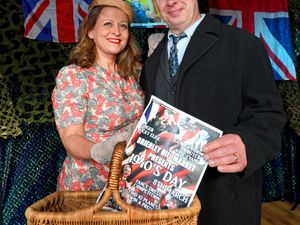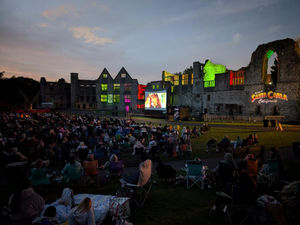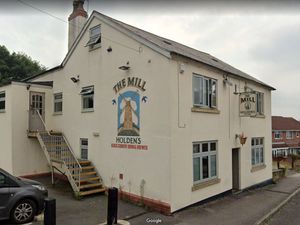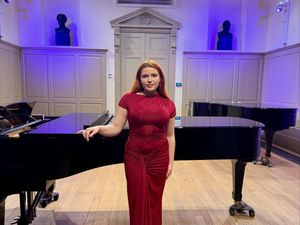Black Country Living Museum researching 'oppressed' history of post-war gay community
The Black Country Living Museum is researching LGBTQ+ history in the region after the Second World War.
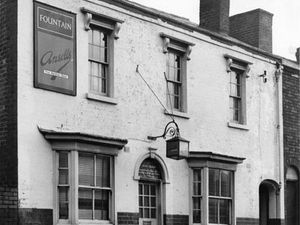
Researchers at the Dudley museum are appealing for people in the LGBTQ+ community to share their experiences about their lives and the places they visited.
Despite homosexuality being illegal until 1967 there were clubs and pubs before then which were seen as safe spaces for the community. The museum wants more information about Auntie's Bar in Walsall and Flamingo's Bar in Wolverhampton.
Dr Simon Briercliffe, Researcher, BCLM, posted a blog about the LGBTQ+ community in the Black Country after the Second World War.
He said: "The struggle for equality for LGBTQ+ people was in its infancy in the 1960s, and homophobia was rife across society. This prejudice took many years to be tackled, and while many institutions have recently apologised for past bias and prejudice, LGBTQ+ people still encounter personal and systemic discrimination today.
"Despite all this, the Black Country was home to a queer community throughout the twentieth century: this blog focuses on some of the spaces where they could safely meet in the 1950s and 1960s, and draws on archival documents from the Albany Trust, and newspaper reports from local journalists."
Walsall had one of the Midlands first popular pubs for the gay community, The Fountain, Bott Lane, was run by landlady Alice Cronin, who was known as Auntie. She took over her father's pub in 1940 and ran it until 1969.
Dr Briercliffe said: "From 1940, Auntie’s became a safe space for gay men and women to meet. Visitors came from all over the region, particularly using the Midland Red bus service, which specialised in routes crossing between local transport jurisdictions, bringing visitors from Birmingham and beyond.
"Auntie’s remained an unfussy, quiet Black Country pub, but many of the customers were gay men or “lesbians dressed in suits” and remember it as a “real fun place.” Typically, personal details were kept to a minimum and regulars were only known by first name or nickname."
George Smith opened The Flamingo Club, Cross Street North, Wolverhampton, in 1965 and it really took off after the 1967 Sexual Offences Act which decriminalised homosexuality.
In January 1968, the Express & Star interviewed John Holland about a new organisation he had just co-founded in the town with his lesbian colleague Liz Cooke: the Male and Female Homosexual Association of Britain, or MANDFHAB. The 19-year-old Holland celebrated the passing of the 1967 Act, he said: “There was a time when you never dared admit you were homosexual, Now we need not be so ashamed.”
He also recognised that prejudice across society still alienated gay people and caused intense loneliness, but for Holland this was alleviated in Wolverhampton by the presence of the Flamingo, which he called the best social club in Europe with 550 members drawn from all over the country.”
However, the publicity around the article may have prompted the police to raid the Flamingo on April 12, 1968. Police reported “about 250 people there, including five women. Men were dancing with men and behaving with excessive familiarity. Some men were dressed as women.” George Smith was fined £500 (nearly £10,000 in today’s money) for keeping a disorderly house.
If you have any memories of the Flamingo or Auntie's contact collections@bclm.com or ring 0121 521 5600.

